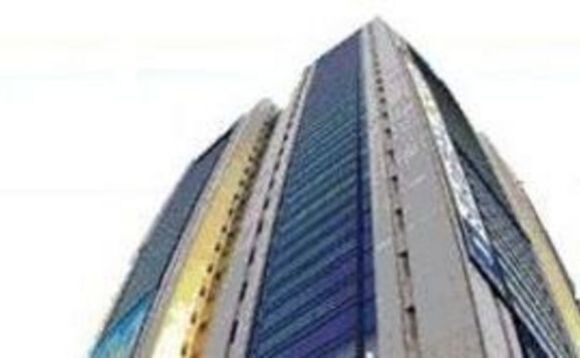
Korean financial plays are not for foreigners

The Woori and Mirae Asset Life Insurance deals are cause for hope, but foreign PE may still find life difficult
South Korea's private equity industry burst into life in June with a string of deals in the once beleaguered financial services sector. The government's sale of its 57% holding in Woori Financial Holdings was put on hold in December as no one seemed willing or able to stump up the estimated $6 billion asking price. But the auction was reopened in May – with the government saying it wanted to exit at least 30% of its stake – and three domestic funds made the June 29 bidding deadline.
Vogo and TStone both confirmed that they had submitted letters of intent, with MBK Partners also reportedly in the running for the firm that owns the country's second-largest bank by assets. KDB Financial Group, another state-owned bank holding firm, was not permitted to bid on competition grounds.
Private equity professionals expect further consolidation in the financial sector as the government divests more of its holdings – politics permitting – and private players seek to deal with some of the distressed assets on their books. Foreign involvement, however, is likely to be limited.
Japanese financial services group ORIX Corp. grabbed headlines with its purchase of 21.1 million shares in Mirae Asset Life Insurance, Korea's fifth largest insurer, for KRW300 billion ($277.2 million), but it may be the exception that proves rules. ORIX structured the deal through a fund – supposedly the "largest investment fund established by a Japanese company in South Korea" – jointly established with LTI Investments. Nine LPs have been signed up, including Korea's National Pension Service, the world's fourth-largest pension fund, and the Korea Teachers Pension fund.
Why it worked
"We have been in the South Korea for a long time with our leasing business," an ORIX executive tells AVCJ, adding that ORIX will also put KRW30 billion ($28 million) of its own money into the fund. "We know that, although the Korean economy is relatively mature, the life insurance business is still growing. This is because Korean people are similar to Japanese in that they tend to secure pensions after retirement."
The remark is telling in that it highlights ORIX's long-standing commitment to and familiarity with the Korean market. These are compelling reasons why ORIX managed to secure a deal where other foreign investors have failed in recent years.
Foreign buyouts gained traction in Korea's financial sector in the wake of the Asian financial crisis. The standout deals were Baring Private Equity Asia's purchase of a 20% stake in Kookmin Bank for $500 million in 1999 and GE Equity and Newbridge Capital's $416 million acquisition of a 51% holding in Korea First Bank in 1998.
Since then, the investment climate has soured. Korea Exchange Bank (KEB) sold 51% stake to US buyout firm Lone Star for $1.19 billion in 2003 but its attempts to sell out to Hana Financial Group have been continually thwarted by the regulators. Lone Star continues to contest charges that saw the head of its South Korean operations given a five-year jail sentence for allegedly manipulating stocks prices of KEB's credit card business.
"Other than the case with KEB and Lone Star, foreign buyout funds have remained rather peaceful with regulators and the overall Korean investor community," says one local GP. "However, I think banks are very sensitive area for foreign private equity investors because the government is obliged to intervene in case of an emergency."
Prior to the KEB dispute, Lone Star was an active investor in Korea's financial sector, taking controlling stakes in two leasing companies in 2002 and a 49% interest in Shinhan Credit Information a year later.
Looking at the industry as a whole, there have been few significant deals since a consortium led by AXA Private Equity – which included US firms Corsair Capital and Neuberger Investment Management as well as Korea Asset Management Corp. – paid $300 million investment for 7% of Kyobo Life Insurance. One source blames high entry multiples in Korea's financial sector, adding that there might be co-investment opportunities in the space with local partners. Others could be forgiven for taking one look at Lone Star's travails and keeping well clear.
Latest News
Asian GPs slow implementation of ESG policies - survey
Asia-based private equity firms are assigning more dedicated resources to environment, social, and governance (ESG) programmes, but policy changes have slowed in the past 12 months, in part due to concerns raised internally and by LPs, according to a...
Singapore fintech start-up LXA gets $10m seed round
New Enterprise Associates (NEA) has led a USD 10m seed round for Singapore’s LXA, a financial technology start-up launched by a former Asia senior executive at The Blackstone Group.
India's InCred announces $60m round, claims unicorn status
Indian non-bank lender InCred Financial Services said it has received INR 5bn (USD 60m) at a valuation of at least USD 1bn from unnamed investors including “a global private equity fund.”
Insight leads $50m round for Australia's Roller
Insight Partners has led a USD 50m round for Australia’s Roller, a venue management software provider specializing in family fun parks.








